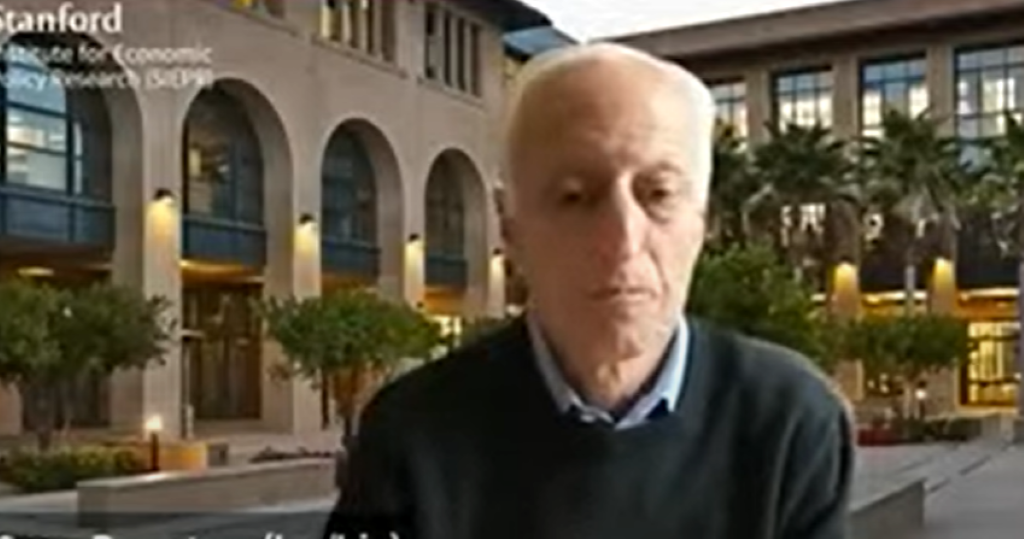Experts Clash Over Whether Reverse Auctions Are Ideal for BEAD Grants
Reverse auctions would stretch funding further.
Teralyn Whipple

WASHINGTON, May 24, 2023 – States should use a reverse auction process to divvy out money from the National Telecommunications and Information Administration’s Broadband Equity, Access and Deployment program, said experts at an American Enterprise Institute event Wednesday.
States are given two methods to stretch their funding amounts further, said Scott Wallsten, president of Technology Policy Institute. The first is to decide how they will distribute the money and the second is to determine where to set the extremely high-cost threshold, which will indicate where money can be spent for technology other than fiber.
Reverse auctions where providers bid on the lowest amount of grant funding needed to fund a program are the solution to efficiently distribute limited funds, which are expected to be delivered to the states by June 30, said Wallsten.
The Federal Communications Commission’s Rural Digital Opportunity Fund reverse auctions showed that winning bids were nearly half of what cost models estimated, which shows just how much dollars can stretch if done correctly, said Wallsten.
Not all industry experts agree, however. CEO of DTC Communications Chris Townson said in a panel this month that reverse auctions simply create a race to the bottom without considering quality. “Let’s put our money to the things that really matter,” he said.
We often underestimate the ability of firms to build out, said Greg Rosston of Stanford Institute for Economic Policy Research Wednesday. Firms will respond to lower bids by finding innovative ways to work more efficiently, he said. Companies have accurate information about program costs and understand the risks, he continued.

Photo of Greg Rosston during the webinar
“We should take advantage of this by harnessing the power of the markets,” he said, urging states to use reverse auctions to stretch the money further.
NTIA should give direction on competitive grant requirements
Furthermore, the NTIA should set a framework for what states can do to meet the competitive grant requirement, said Rosston.
The law specifies that states must have a competitive grant process without explaining what that means, he said. As it stands currently, it is unclear how states will decide how to allocate the money awarded to them in the BEAD program, Rosston continued. There is a lot of opportunity for wasteful spending, he said.
We do not want 50 states and territories struggling to organize their own competitive grant processes, added Wallsten.
There is nothing preventing the NTIA from asking the FCC to help the states with reverse auction processes by making the software and rules from RDOF auctions available or even running the auctions for the states, said Rosston. We need to make it easy to have states run their competitive processes as required in the law, he stated.








Member discussion